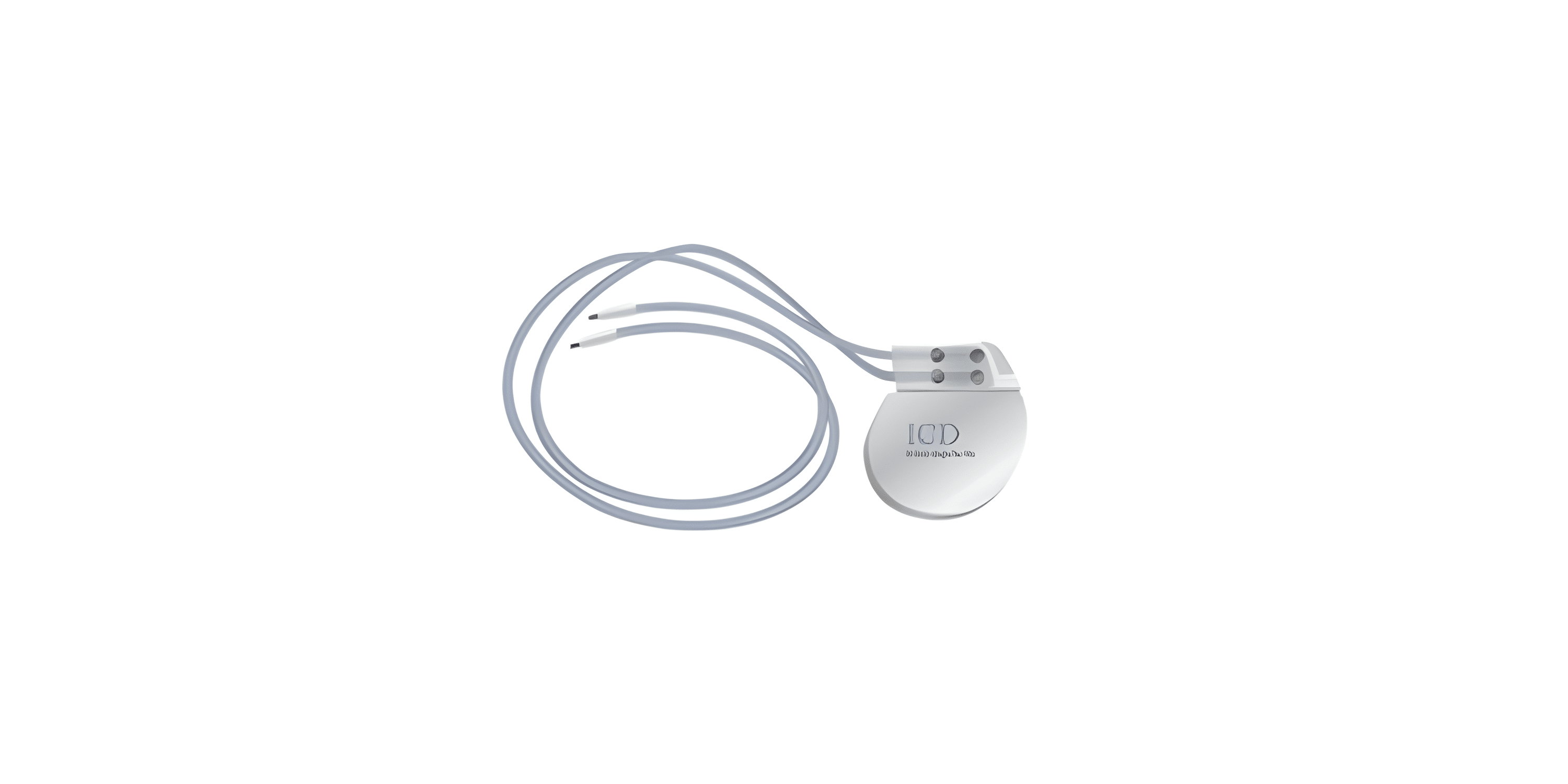
Comprehensive Pacemaker Implantation | Dr. Rahul Sawant
Understand pacemaker implantation’s process and benefits in Dr. Rahul Sawant’s overview. Gain valuable heart health insights.
A Pacemaker is a small, battery-operated device that is implanted under the skin, usually in the chest, to help regulate an abnormal or slow heartbeat. The device sends electrical signals to the heart to help it beat at a normal pace.
Pacemakers are commonly used to treat conditions such as bradycardia, which is a slow heart rate, or heart block, which is a condition in which the electrical signals that control the heartbeat are disrupted. Pacemakers can also be used to treat certain types of arrhythmias, or irregular heart rhythms.
The device consists of a pulse generator, which contains the battery and electronic circuitry, and one or more leads, which are thin wires that are threaded through a vein and attached to the heart. The pacemaker is programmed to deliver electrical impulses to the heart when needed, either continuously or when the heart rate drops below a certain threshold.
Pacemakers are typically long-lasting and require only periodic checkups and battery replacements. They have helped improve the quality of life for millions of people around the world with heart conditions.
How much time does the pacemaker implantation need?
The length of time it takes to perform a pacemaker implantation procedure can vary depending on a number of factors, including the patient’s individual medical condition, the type of pacemaker being implanted, and the experience of the surgeon performing the procedure.
In general, a pacemaker implantation procedure can take anywhere from one to three hours. The procedure is typically performed under local anesthesia, and the patient is usually able to go home the same day or the following day after the procedure, depending on their recovery.
After the pacemaker implantation procedure, patients must avoid activities like magnetic fields and high-voltage equipment. Regular follow-up appointments with their doctor, ensuring the pacemaker’s proper function and monitoring overall health, are essential.
For personalized care, consider consulting with the Best Cardiologist in Pune.
MBBS. MD. CCT Cardiology UK. FACC

